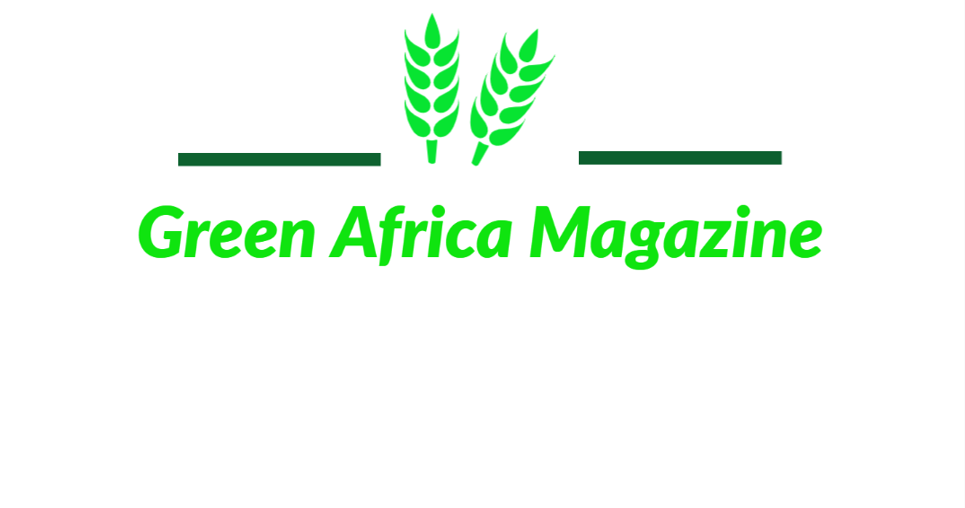The ongoing Affordable Inputs Programme (AIP) is likely to be seriously hampered following the pulling out of thirteen companies – including major agro-dealers – which were expected to cover 400 000 beneficiary smallholder households.
Key supplier have cited effects of Covid 19, rising fuel costs, and government fixed purchase prices are some of the reasons.
While Ministry of Agriculture spokesman, Gracian Lungu, has ruled out ugly repercussions in the implementation of the programme, Nyasa Times has learnt that the suppliers’ move could leave a shortfall of 800 000 bags of fertilizer.
Apparently, Lungu has failed to provide reasons as to why the suppliers have turned down the contract offers, saying the latter are in a better position to explain.
Collectively, the 13 companies were expected to supply 40 000 metric tons (MT) to cover 400 000 households of this year’s 3.7 million beneficiaries.
The suppliers include: Chipiku, Rab Processors, Kulima Gold, ETG, GYP Imports & Exports, Kelvam Enterprise, Tiwale Investments, Bakwena Investments, Milazi Holdings, Worldwide Wholesalers, Midima Holdings, Ellite Engineering Supplies Limited and Nellie Investment.
According to Lungu, the ministry is working towards covering the gap left by the 13 suppliers, and has started the process of procuring 150 000 MT of fertiliser expected in the country in a month.
“We are already working on procurement of a buffer stock which is around 150 000 metric tons and we are sure that in a month or some weeks, suppliers who are to be contracted to supply this buffer stock will start bringing these inputs.
“We will use Admarc and SFFRFM [Smallholder Farmers Fertiliser Fund of Malawi] to continue operating in their depots to enable the farmers to access these inputs in good time and close to where they are,” is quoted as saying in the press.
But Mbawaka Phiri, Fertilizer Association of Malawi executive administration officer, hinted the suppliers might have shunned the contracts due to government’s decision to peg the price of fertilizer at K27 000 per bag.
“The suppliers might have boycotted the contracts due to low price,” Phiri is on record to have said.
She said the government needed to engage the suppliers on the price because it was not only members of her association that were not comfortable with the price offered.
According to her, even SMEs who are not members of the association are finding it difficult to supply at that amount and said there was a need to engage suppliers on the matter.
“The association is ready to work with government on the matter,” she said.
Agriculture policy expert, Tamani Nkhono Mvula, said he was not surprised that the suppliers have turned down the contracts.
“People supplying fertiliser would want to make business. It is unfair for government to dictate the prices. The landing cost of fertiliser is high. Selling the fertiliser at the price that government is demanding would mean suppliers subsidizing, which is not practical,” Mvula said.
Mvula also wondered if the fertiliser government is procuring will get to farmers on time as the rains have started in some parts.
Initially, the government engaged 164 suppliers, including small and medium enterprises (SMEs) to manage the programme.
However, press reports last month indicated that there were fresh bottlenecks in the programme, especially involving SMEs who were failing to access financing from commercial banks.



